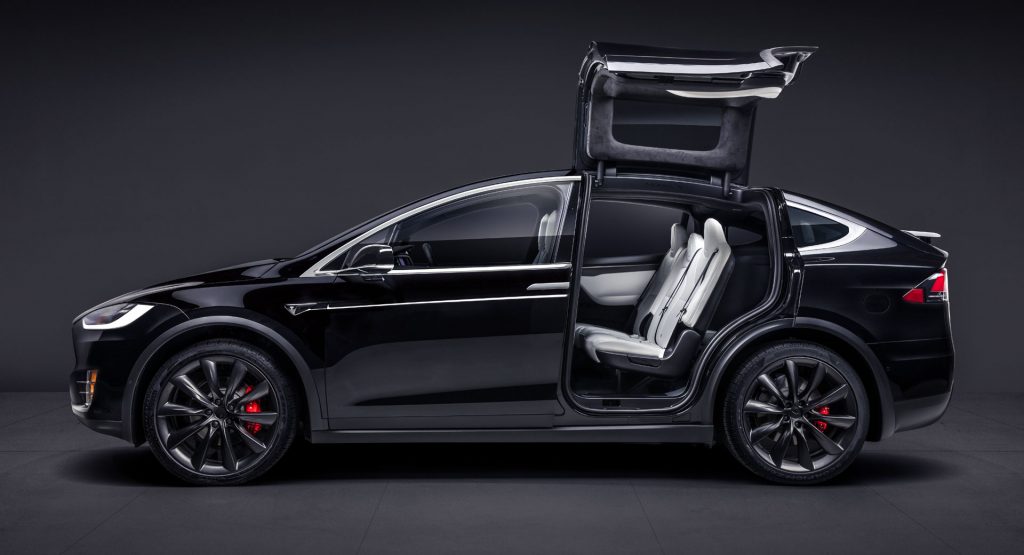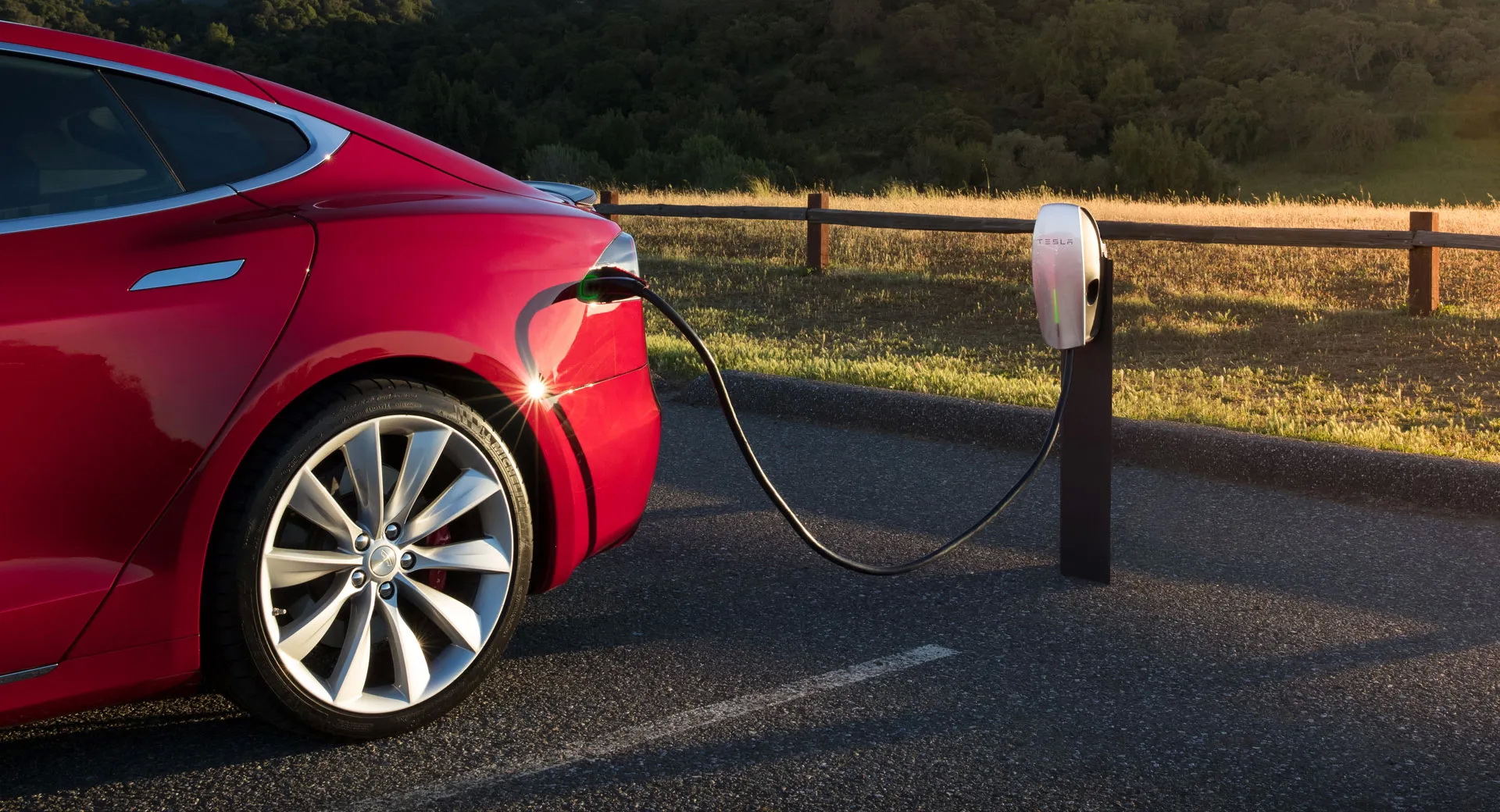Tesla is reportedly in advanced negotiations with CATL to use their cobalt-free batteries in cars made at the automaker’s Shanghai plant in China.
Such a move would mark the first time that a U.S. carmaker uses so-called lithium iron phosphate (LFP) batteries for their cars. The reason is that Tesla is looking to reduce production costs while combating faltering EV sales in China.
The Californian carmaker has held talks with China’s CATL for over a year now, looking for a supplier of LFP batteries. The two companies reportedly struck a deal earlier this month.
Read Also: China’s CATL Confirms Battery Supply Deal With Tesla
These LFP batteries are said to be cheaper than what the EV maker currently uses by a “double-digit percent”, said a person directly involved in the matter, who refused to be identified. Both Tesla and CATL declined to comment.
Usually, EV makers use nickel-cobalt-aluminum (NCA) or nickel-manganese-cobalt (NMC) batteries on passenger cars, due to their higher energy density, which can affect your max range on a single charge. CATL meanwhile has been working on so-called cell-to-pack technology that boosts the density and safety of its LFP batteries, reports Reuters.
These batteries will also help Elon Musk hold up a 2018 promise when he said that his company would lower the use of cobalt (roughly $33,500 per tonne) to “almost nothing”.
In China, Tesla recently began delivering cars from its Shanghai factory and is currently seeking regulatory approval to build longer-range Model 3 cars at the plant.
During an earnings conference last month, Musk said that his company will host a battery event, probably in April, where it will share its future battery strategy and technology with the media.




